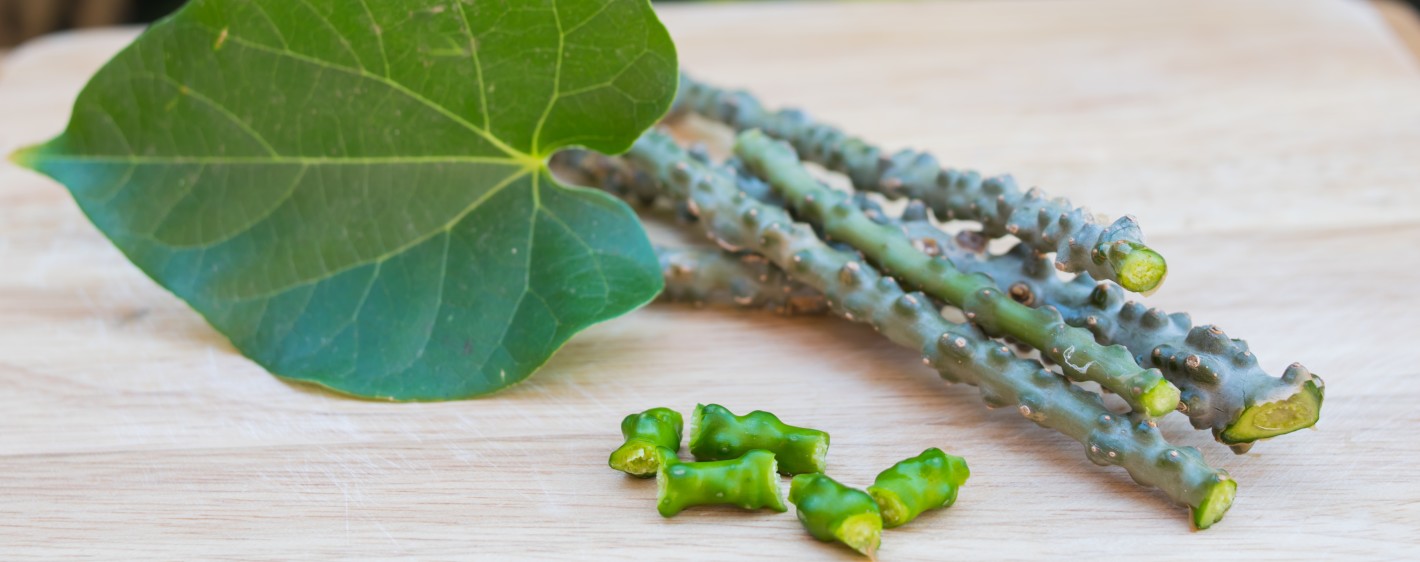In India, comfort food is associated with the wintertime. Even though all we want to do is curl up with a warm blanket and a bag of chips, such a diet is out of sync with how nature works and will deplete your vitality, resulting in discomfort and imbalance. To balance the flow of energy and harmonise the functional activity of all systems in the body, we advise adhering to a healthy diet that works in tandem with the cycles of nature. According to the interaction between the numerous seasonal changes as well as the relationship between the particular body constitutions, the Ayurvedic diet for winter has been clearly defined with the proper diet and lifestyle.
What Foods Keep You Warm In The Winter?
To keep the body warm from within, Ayurveda recommends foods like honey, ghee, sesame seeds, tulsi, dry fruits, and organic eggs. Cooked pulses and vegetables taste better and are healthier for the body when added with a dollop of ghee.
Additionally, you can add honey and tulsi to your tea and swap out sweet treats like cookies and biscuits with delectable almonds and pistachios. In any form, eating eggs for breakfast is a great way to start the day because it increases protein levels and keeps the body warm.
Despite the fact that all of these foods are delectable and will keep you warm, here are some diet recommendations based on your Ayurvedic dosha:
What Should Vata Personalities Eat During The Winter?
People with the Vata Dosha frequently experience excessive dryness and coldness. Usually at the start of this season, discomfort in the form of pains and aches is possible. What you can eat to boost your immune system is listed below:
- Consume a more balanced diet to fuel the body. Try to include all flavours in your meals, such as dry fruit, turnips, and ginger flavouring, as well as sweet, sour, and salty sensations.
- Choose to eat regularly, at least every 2-3 hours, and in modest portions. To aid with digestion, consume soups flavoured with carom seeds (Ajwain) and asafetida (Hing).
- Avoid eating anything that has been refrigerated and aim to eat fresh and seasonal meals.
- For this Dosha type, spices like cinnamon, turmeric, cloves, and black pepper are beneficial.
- Include organic vegetables and pure proteins. With a little Cow’s Ghee, roast or sauté these.
What Should Pitta Personalities Eat During The Winter?
Pitta body types generally find winter to be the most comfortable season of the year for their overall health and digestion. A person with Pitta Dosha’s heated composition is naturally balanced by the cold season. To better balance your system, remember to:
- A Pitta Dosha person should try to stay away from deep-fried and extremely spicy foods during the winter.
- Avoid eating foods that are sour or warm, such as sour cream, cranberries, grapes, grapefruit, pineapple, tamarind, spinach, and hard cheeses.
- Focus on consuming foods that are sweet, bitter, and astringent, such as fresh coconut, coriander, fruits, and fresh salads with a little lemon dressing. Other examples include lentils with pure ghee and fresh coconut.
- The best source of fat for this Dosha is pure ghee. Stop using refined oils and start cooking with fresh cow’s ghee.
- Dense foods, such as healthy grains and root vegetables like sweet potatoes, will aid in calming the Pitta Dosha’s internal fire.
What Should Kapha Personalities Eat During The Winter?
Winter is the toughest season for those with Kapha Dosha since they frequently experience congestion and respiratory issues. Therefore, it would be best to refrain from consuming dairy products and fatty foods.
- Focus more on the flavours that are sharp, bitter, and astringent while eating lighter, drier foods.
- Consume meals that are recently prepared, warm, and light, albeit a little dry in quality and prepared with very little or no fat.
- Steer clear of all goods containing refined sugar, yeasted breads, alcohol, and fried foods. Low-fat foods should be avoided because they can contain a lot of sugar.
- Make lunch your main meal and consume minimal servings.
- To keep the body warm and stimulated, switch to herbal tea infused with ginger, tulsi, lemon grass, cardamom, pepper, and honey.
Essential Tip For Ayurvedic Diet For The Winter For Everyone
Ayurveda states that it is imperative to consume seasonal foods. All body types should eat more warming foods, such as soups, grains, steamed vegetables, nourishing Khichdis, chicken stews, and grilled fish, in order to insulate the body during the chilly months because winter is characterised by cold and dry air.
We also advise you to consume foods that are unique to the area you are visiting. This not only promotes local sustainability, but the food is also healthy and simple for the body to process.



